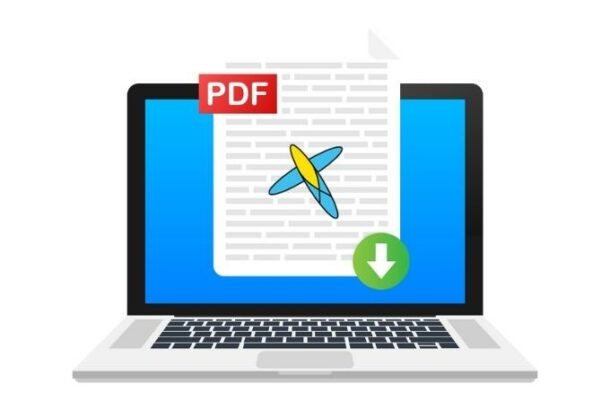Real learning is bequeathed from seeking, and seeking is brought forth from asking questions, not giving answers. When you ask a question, you are opening up to a realm of infinite possibilities. But when you are only giving answers, you are trapped in the confines of your understanding. Answers are inhibitors; they restrict the possibilities to the solution offered. Questions, on the other hand, are powerful creators and powerful questions are the harbingers of discovery.
If you’re considering individual or team coaching, read on. The process of team coaching or team facilitation can improve team-building, encourage individual and team creative thinking and improved decision-making and output. Whether it’s executive coaching, agile team facilitation or individual coaching – results can be tangible and so positive.
The coach and the facilitator explained
A coach has mastered the art of asking the right powerful questions. Their competence lies in eliciting the coachee into new design thinking by a process of enquiry. The outcome of such a process is a refined realisation that can be transmuted into ready action. It can have a positive effect on mental health as well as professional performance.
A facilitator’s role, on the other hand, is to create a psychological space that encourages thinking. They influence the group to seek and debate on issues concerning beliefs, values and culture. They encourage doubt. They facilitate a healthy environment and group process wherein members can freely ideate, express and question on predetermined agendas without barriers of guilt, shame or prejudice. Hence, while a coach helps you on a journey of discovery, a facilitator creates visibility of such journeys.
The fundamental distinctions of coaching vs facilitation: common questions answered
-
Coaching is effective with individuals, dyads or very small groups (not more than 10)
-
Facilitation is best complimented for groups, teams, task forces or organisations
-
Coaching focuses primarily on an individual’s ecology and world view
-
Facilitation is focused on the community
-
Coaching services are transactional, usually by one on one meetings or phone calls
-
Facilitation services are issue-based, conducted through group sessions, virtual meetings, webinars or workshops
-
Coaching sessions are more intimate and best-done face to face
-
Facilitation sessions are more dispassionate and best delivered in a ‘one to many forums’.
In agile, coaching and facilitation meet the common ground. Hence the impact is more powerful and sustainable. From the perspective of coaching and facilitation, agile practices enable commonality of function and purpose, as under:
-
Agile presumes the client(s) / participant(s) are creative, resourceful and whole such that they can find their solutions
-
Agile uses various methods to draw or pull information out of the participant(s) / client(s)
-
Agile adopts fundamental coaching and facilitation skills and methods such as Appreciative Inquiry, setting safe environments and relationship guidelines
-
Agile advocates neutrality without taking sides on issues
-
Agile mandates allowing flexibility and adaptability in using different techniques or methods to meet clients’ or stakeholders’ needs
-
Agile facilitation promotes active listening to client needs, to what is being said and more often than not, what is not being said
-
Agile promotes delving deeper into strengths, possibilities, change management and transformation through a journey of realisation and discovery.
The significant advantage of the Agile methodology is that it enables you to master both these roles through an experiential process. Agile is a world where the phenomena of seeking a quest and finding numerous possibilities from it are an everyday occurrence. Being Agile is not about giving solutions, it is about seeking the right, most powerful questions and discovering new ways of doing things and decision-making. In the process, finding powerful and path-breaking personal and professional results.


